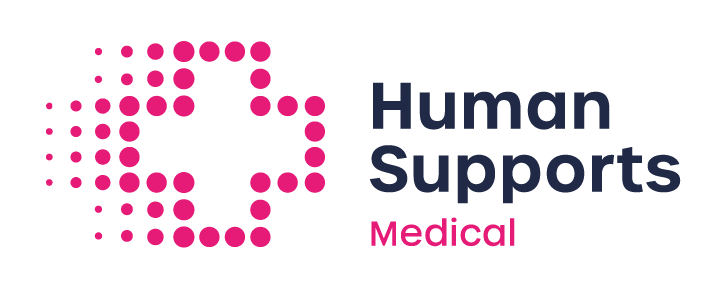Leading an organisation through a storm? This requires more than ever the right talent
“Change is the only constant”: it’s an obvious truth and cliché that Heraclitus and Buddha have already described. A thruth we're experiencing today as well. We need to reinvent the way we work, because since February 2020, we have been held hostage by the coronavirus.
All companies are in the process of transformation, regardless of industry or sector. Customers demand different services: low-touch interactions with companies, services and products are the new normal. And employees have to adapt themselves to the current situation too. How to interact with colleagues? How to organise homework? What are the protocols?
Managers are struggling with today’s challenges and find themselves in a state of indecision. In “The Covid-19 and the Future of Business Study”, the IBM Institute for Business Value identifies the current priorities of top CEOs:
- Workforce safety & security
- Customer retention
- Cost management
- Cash flow & liquidity management
- Enterprise agility
- Digital transformation
Change: the current themes
And what about HR? In mid-October, we took a number of our change interim managers and clients out of their daily reality to reflect on today’s most urgent and recurrent themes:
- A lot of employees and managers are tired. The biggest catalysts for this is the ongoing uncertainty, the lack of perspective, overcommunication or undercommunication ... Corona fatigue seems to be the new burnout.
- Leading, managing and connecting a team from a distance requires different skills. In addition to the need for new digital skills, some leaders feel lost. Digital transformation? Nobody can avoid it ...
- A wave of restructuring cannot be ruled out. How do you prepare for this? How do you communicate with your employees? How do you make a workforce planning that makes sense? How do you prevent this change from having a negative impact on your business?
- The new way of working with customers and suppliers demands flexibility and agility, while bureaucratic procedures slow down and block the decision-making process. Where do you start?
Change: the success factors
As a second task, we brainstormed about what is needed to guide an organisation through difficult times. Our goal: to be more agile in meeting tomorrow's challenges:
- Continuous and real-time communication with employees and stakeholders is crucial. Working remotely requires more structure, direction and clarity about where information can be found.
- More than ever, a human approach, with empathy and support, is necessary.
- Wellbeing, safety & security are not a luxury or a necessity for a small minority. Employee assistance programs must be provided structurally at all levels.
- Managers must be supported to motivate employees from a distance.
- Participation is crucial: people want to change, but do not want to be changed. Listening is not enough. You need to actively encourage employees to participate. Change starts with the employees. Only by doing this can organisations successfully implement change.
- Make sure you have a compelling story! It is essential to develop a vision/strategy as a beacon and footing, even if this is more difficult than ever. The entire leadership team needs to support this story.
- Many organisations are constantly changing without thinking about the phases they have reached. Give people time to accept the change before introducing something new. Learn to enjoy the status quo that has been achieved.
We don't want to be naive, this list is anything but complete. What exactly does an organisation need in these times? What skills are important?
The ideal change agent: the profile?
Does a different world also mean a different profile for an ideal change agent? According to our experts, the current ideal change manager:
- Is an excellent communicator and stakeholder manager.
- Connects and is sufficiently empathic in a remote context.
- Uses a methodology that works in a digital context.
- Deals with today’s constraints in a creative way. Anticipates new measures, technology that fails, employees who suddenly need to be quarantined ...
- Integrates an outside-in perspective and takes into account the sector, competitors and social context.
- Challenges the client to be concrete and clear about the situation and expectations. This is the only way to expect employees to be able to deal with ambiguity.
- Takes on the role of coach and is able to translate the emotions of the employees into the business language of the management.
Leading an organisation through a storm creates enormous pressure at all levels. This requires leadership, expertise, trust and confidence to bring change to a successful conclusion. Since 2008, we’ve been interviewing HR interim managers who are experts in their domains. Thanks to our many years of experience, we know who can successfully guide a change process. Through our experience, we know the expectations of our clients and can assess which profile fits which client or challenge.
HR Talents combines 200 years of experience and knows that, despite all the changes, one thing does not change: the right person in the right place helps determine the future and success. We like to think along with you: being a sparring partner is our profession and our mission.
Connect on LinkedIn, info@hr-talents.eu, www.hr-talents.eu
Book your remote appointment for a free informal intake, by filling in the form below.










